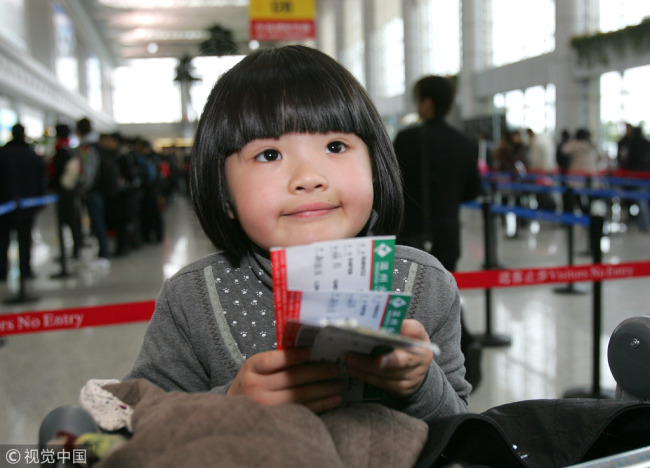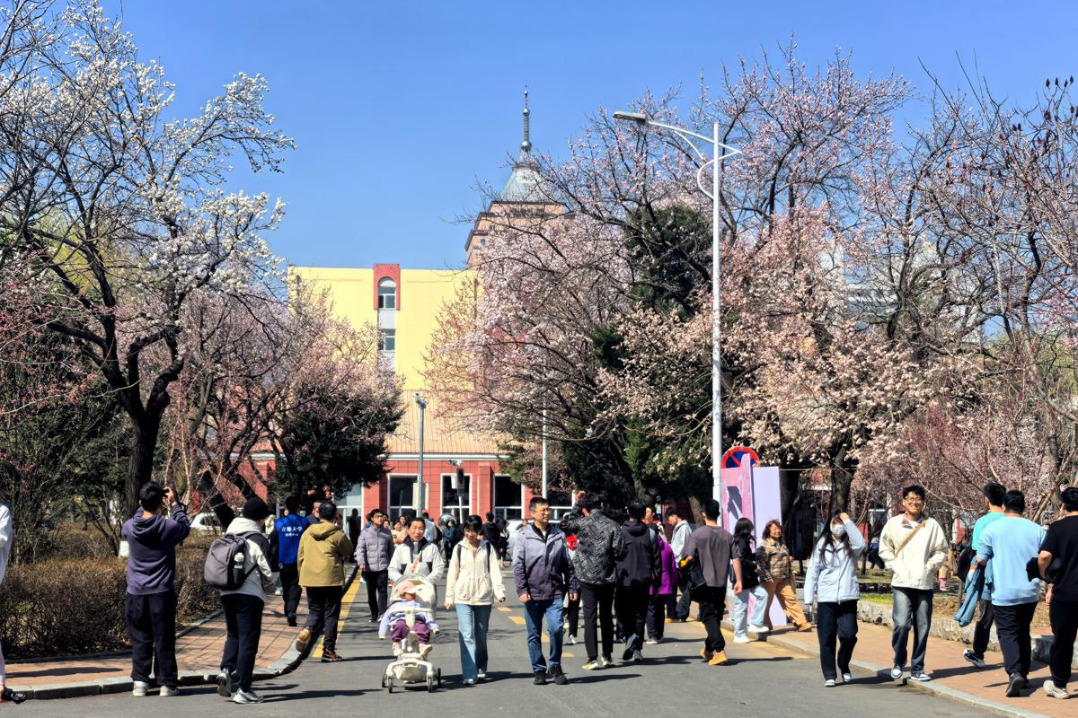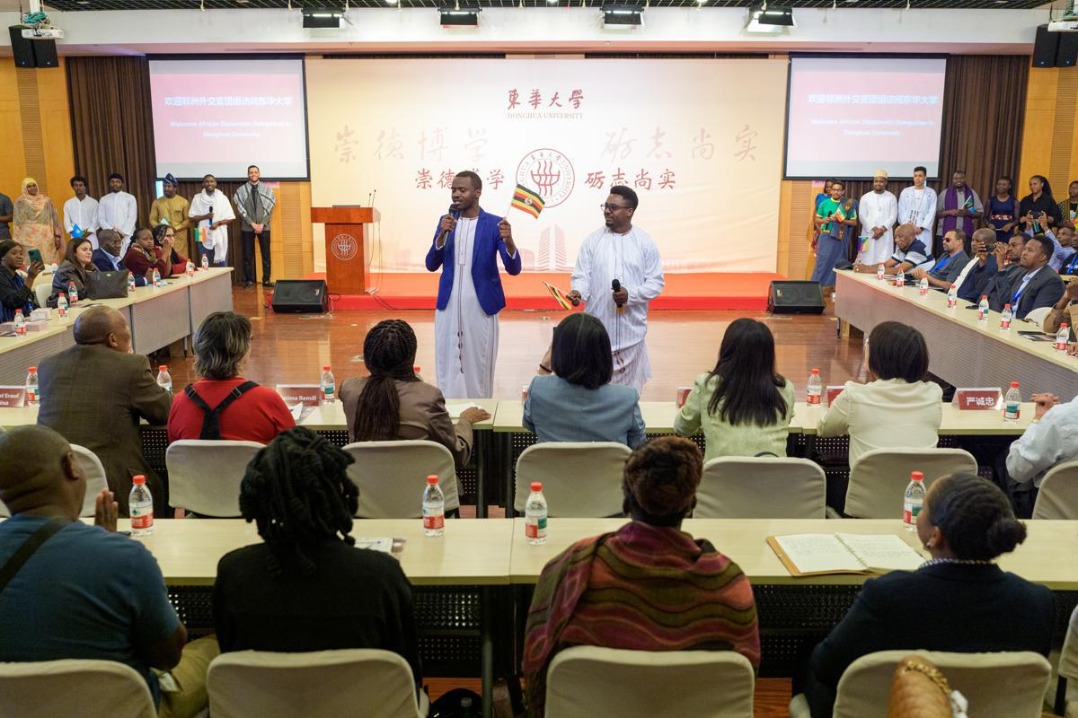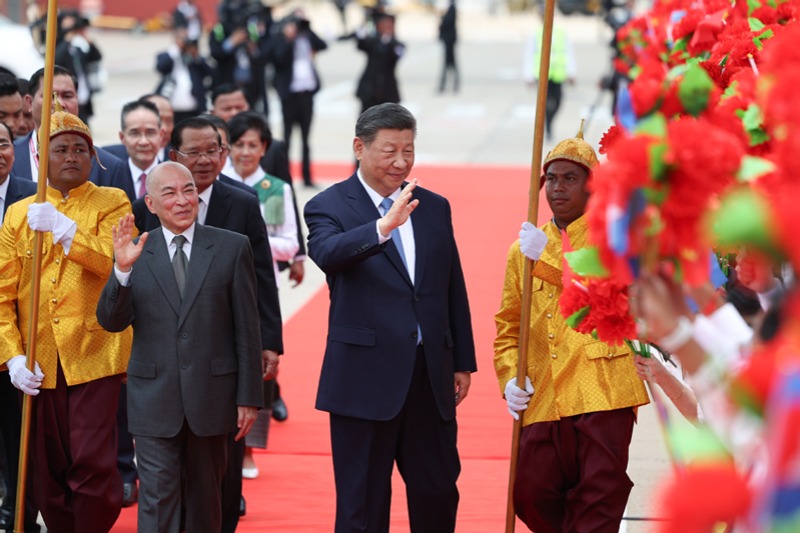Should height-based discounts for children be a thing of the past?


China's long-standing policy of giving children discounts based on their height has once again triggered controversy, with many parents calling for an age-based approach, reports Chinanews.com.
A recent study by China Youth Daily found that around 60 percent of 1,969 parents surveyed regarded the current approach of providing discounts based on height is unreasonable. Nearly 70 percent were in favor of an age-based approach.
Although policies differ across regions, a National Development and Reform Commission document from 2012 stipulates that children less than six years of age or less than 1.2 meters tall don't need a ticket to enter certain public tourist spots, and children 6 to 18 years of age can enjoy half-price access. Public transportation systems across China also apply height-based discounts for children.
Some parents argue that because children in China are much taller than children in the past thanks to better nutrition, the old height standard is inappropriate. Concerns have also been raised regarding the potential harm that could come from discriminating against children of the same age because of their different heights.
Official data show that from 1992 to 2002, the average height of male children six years of age in China's urban areas increased by 4.9 centimeters. By 2012, the average had increased by a further 3.7 centimeters, to reach an average height of 1.2 meters.
Supporters of the height-based policy say that it is more convenient, as checking the age of a child is a time-wasting process.
According to Chen Guangjin, a director at the Institute of Sociology at Chinese Academy of Social Sciences, both height and age-based policies have their own advantages.
"If ticket providers continue to use height as their criterion, the standard line should be constantly adjusted based on the increasing average height of Chinese children. And age is to play a role, an ID for children can be promoted in the same way as China's senior citizen ID card model. The move may increase social security costs, but is more conducive to protecting the legitimate rights of children," said Chen.
- Six people drowned in boat accident in Central China
- Zaruhi and Qiangzi: A romance of Silk Road
- China strives to enhance people's work ethics
- Students swap stories at Peking University book fair
- China, GCC hold first forum on peaceful nuclear cooperation
- Beijing film festival's tech section kicks off





































